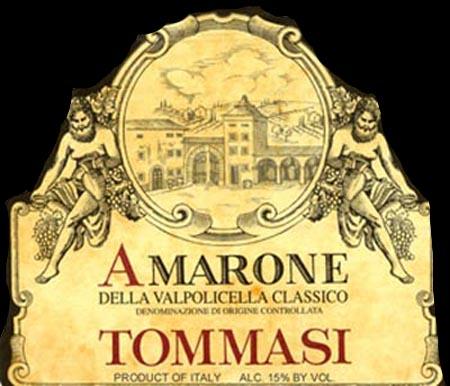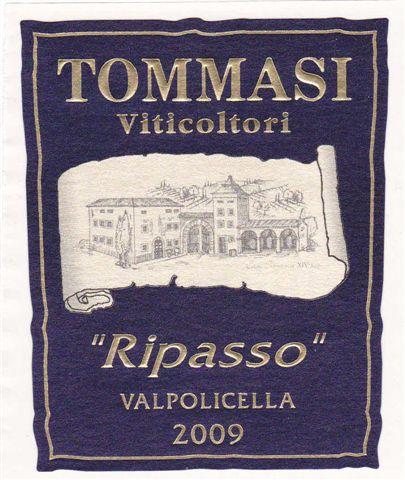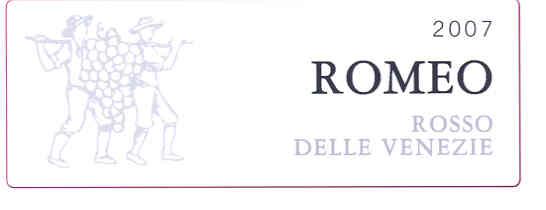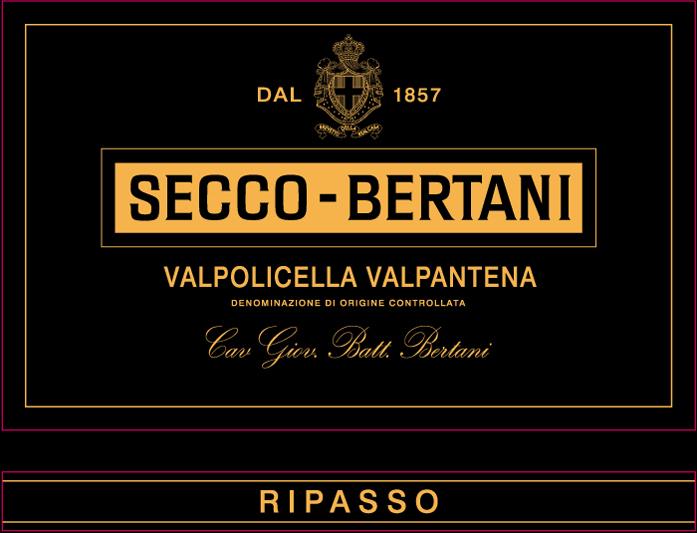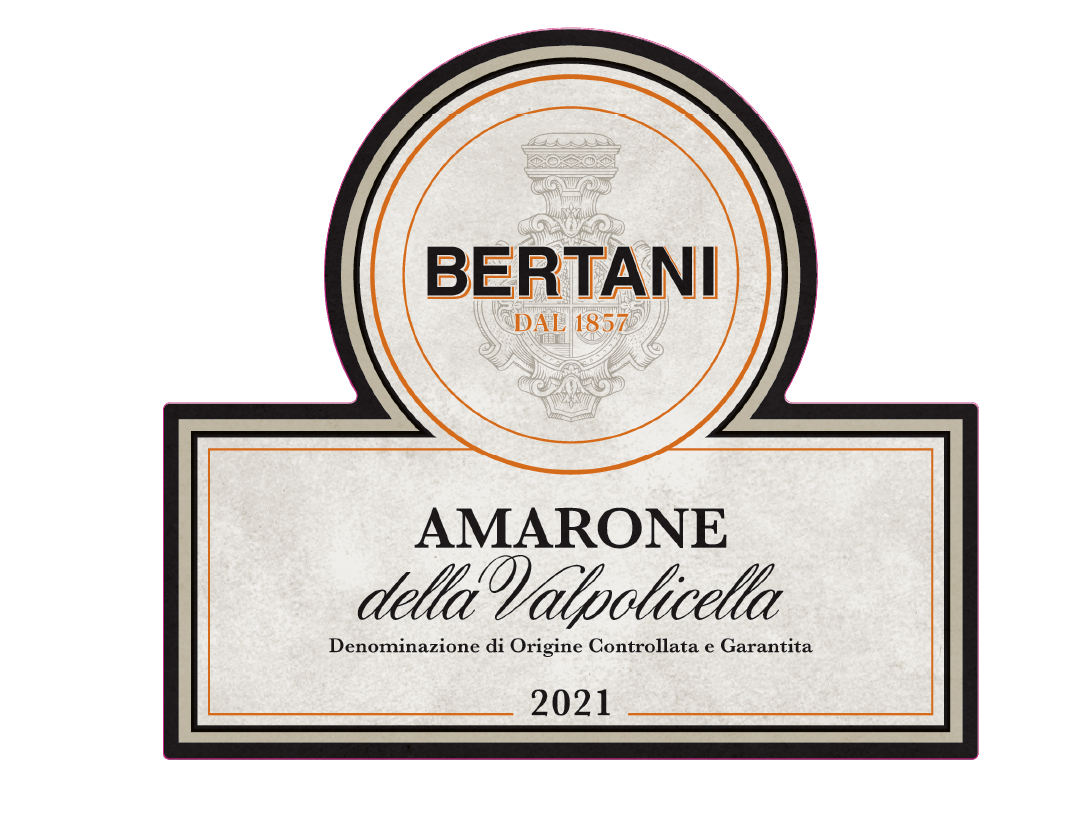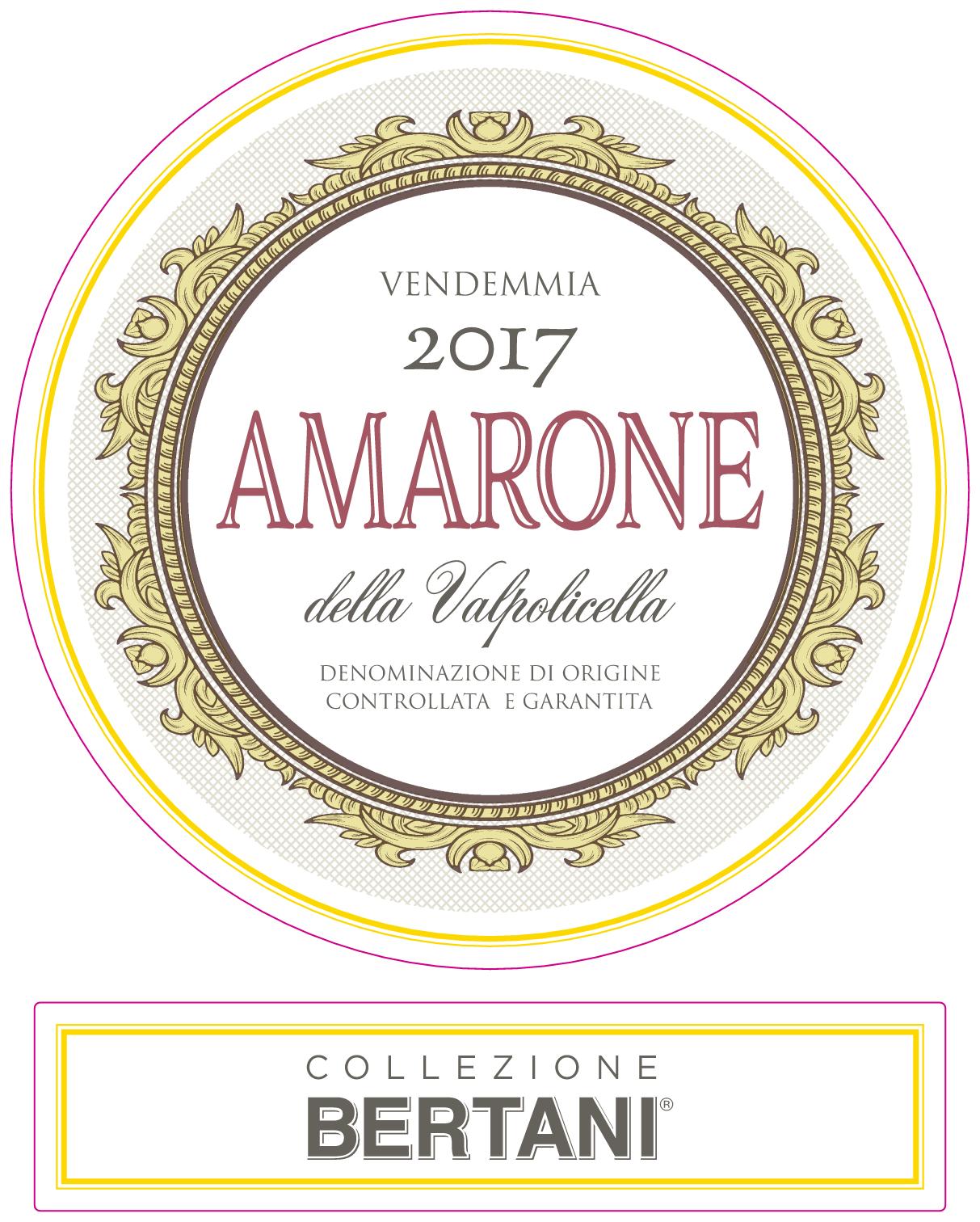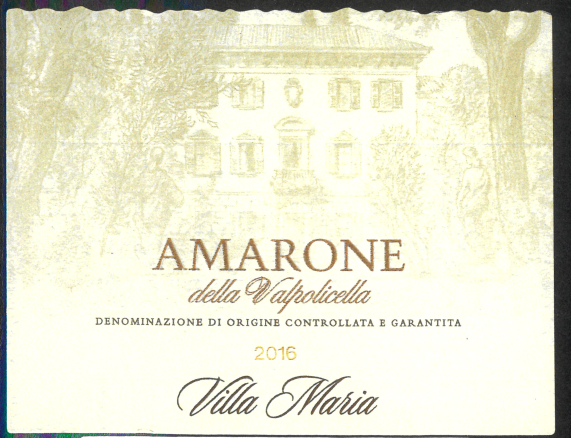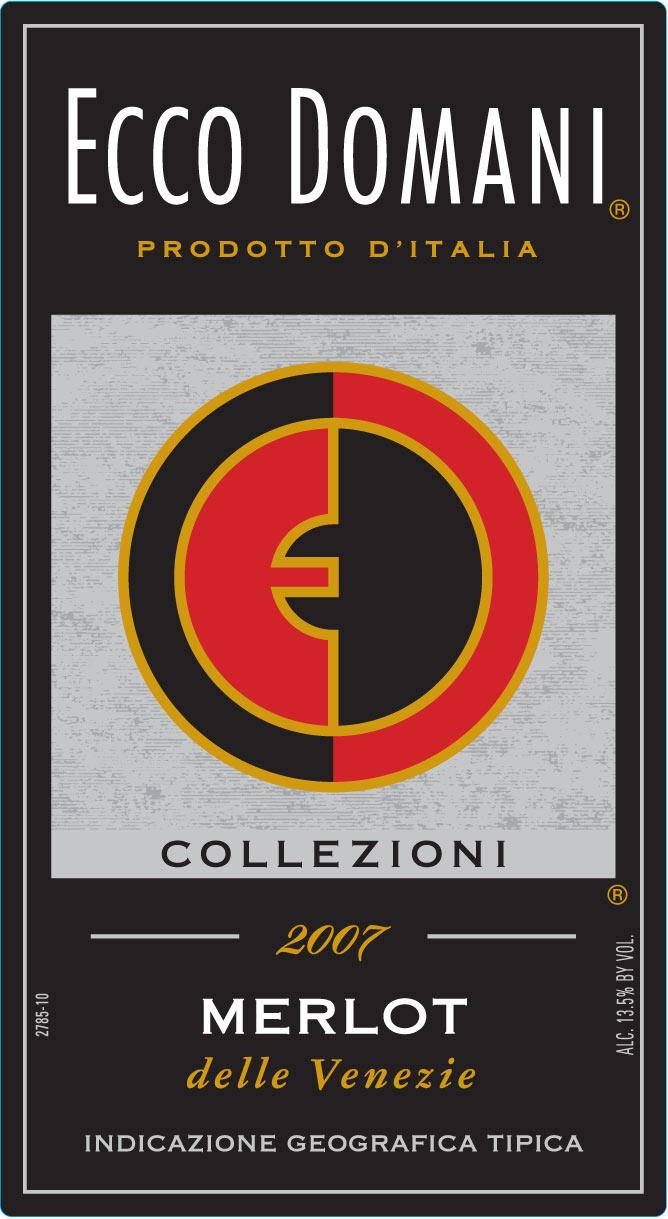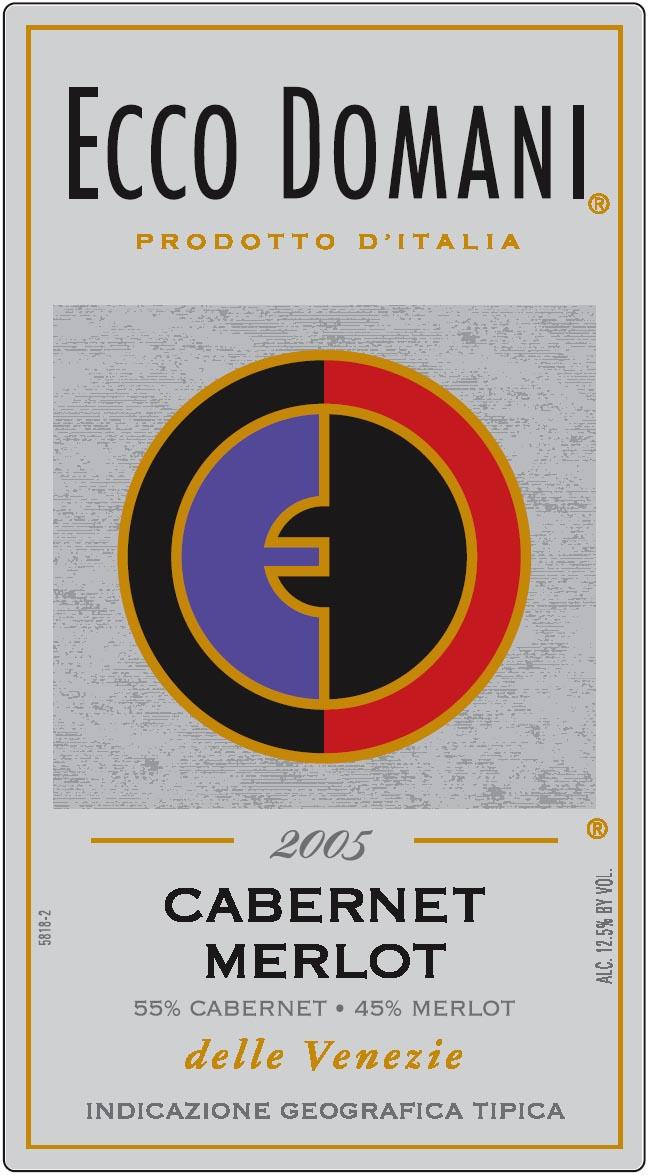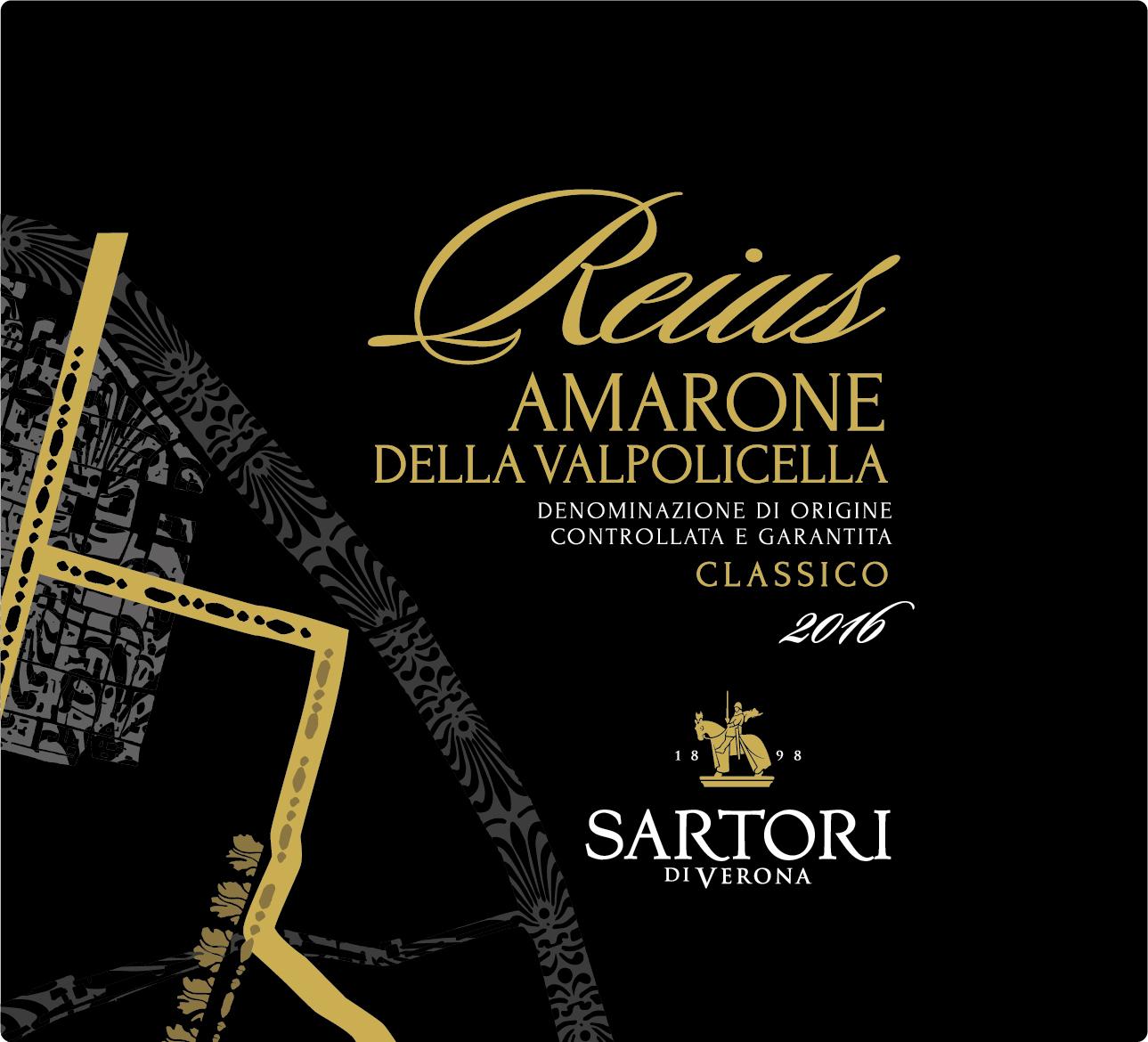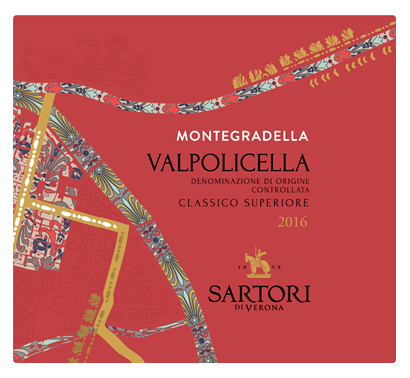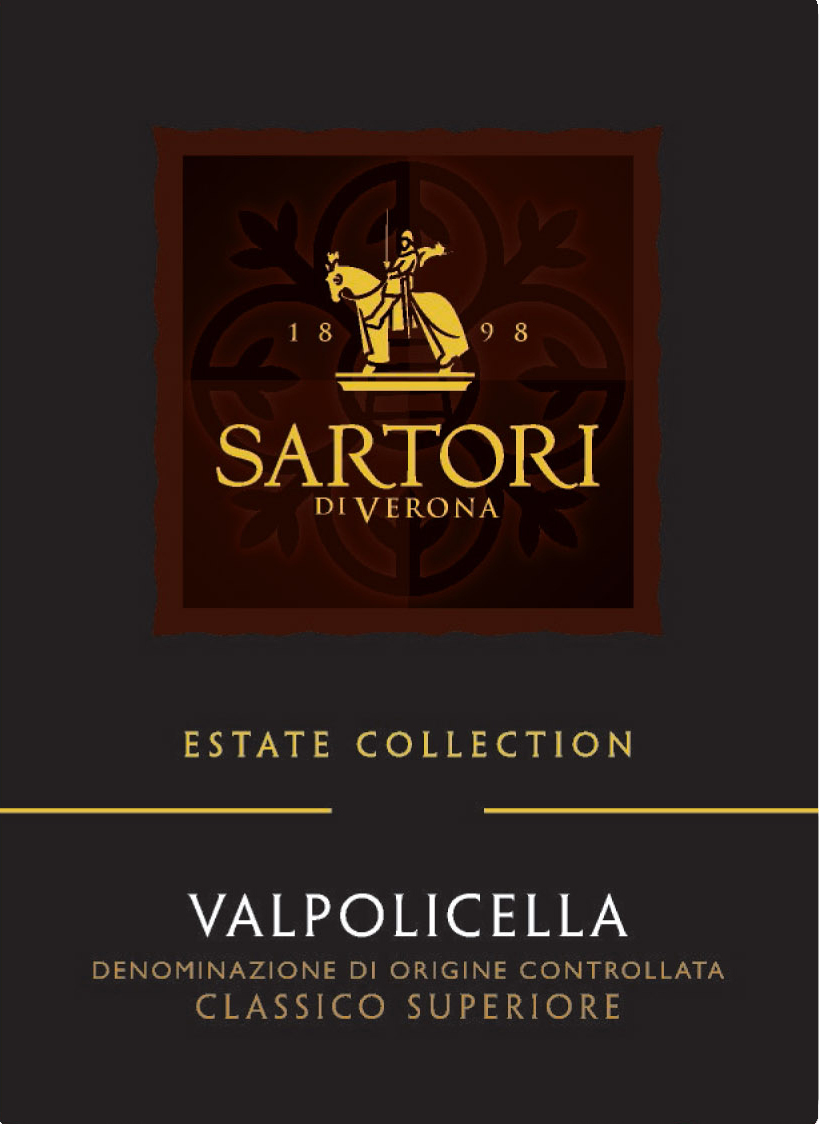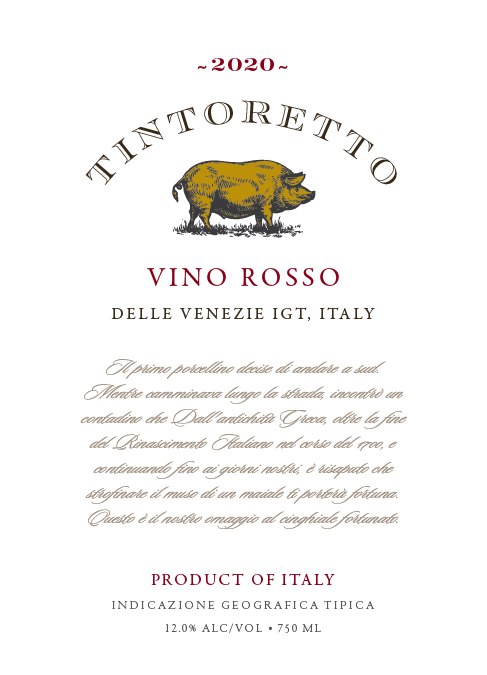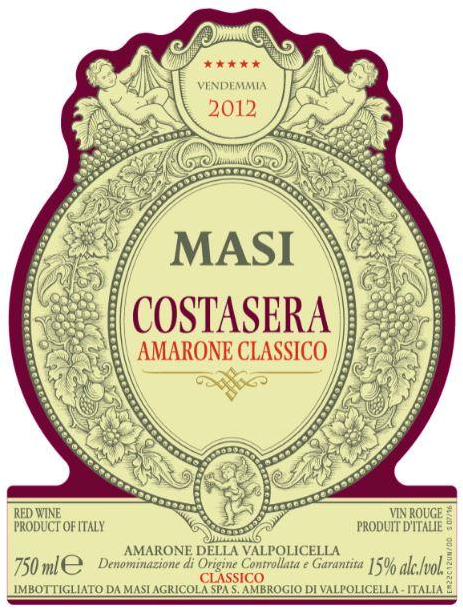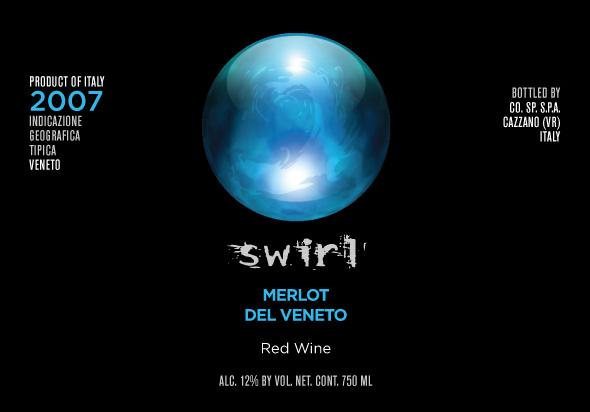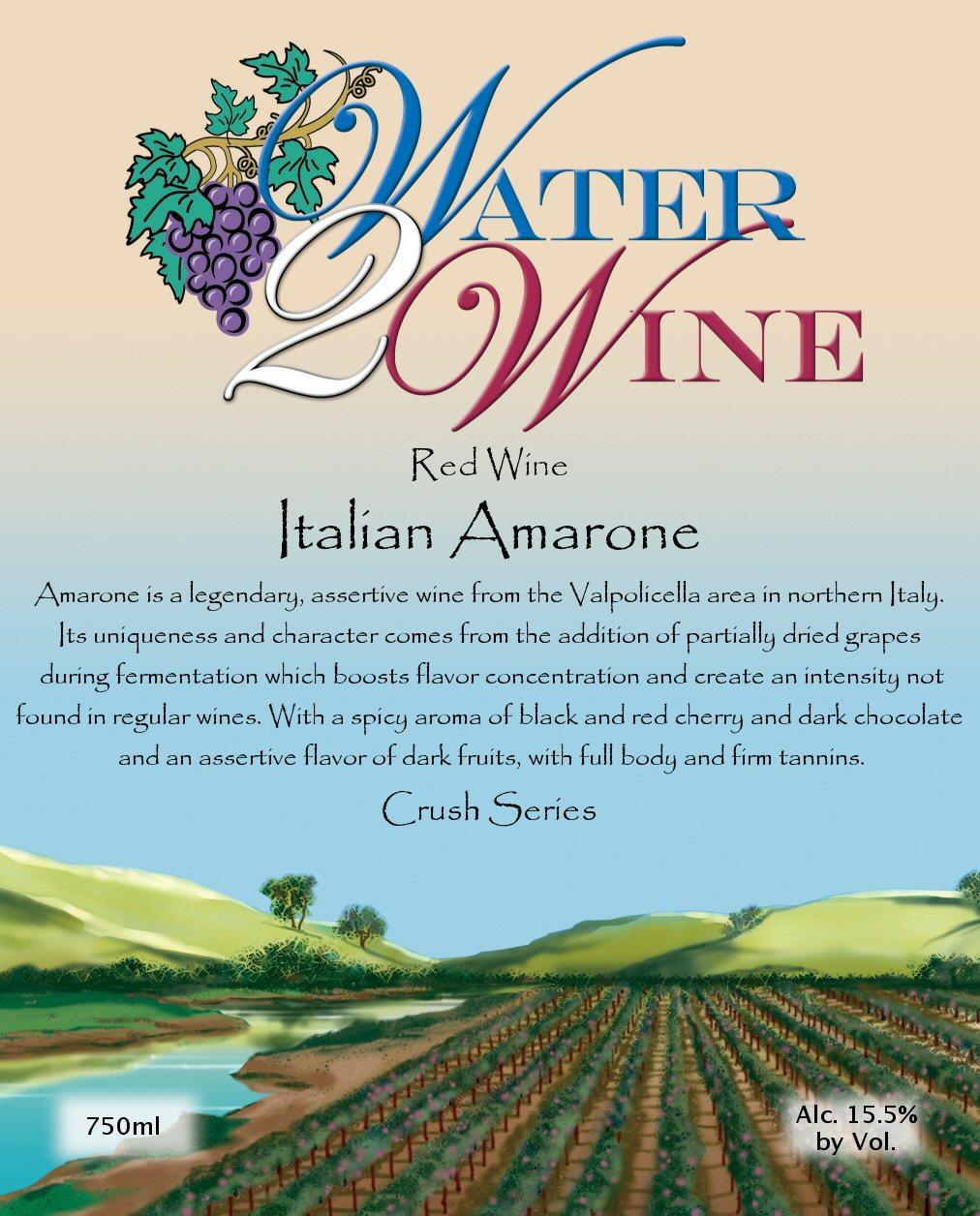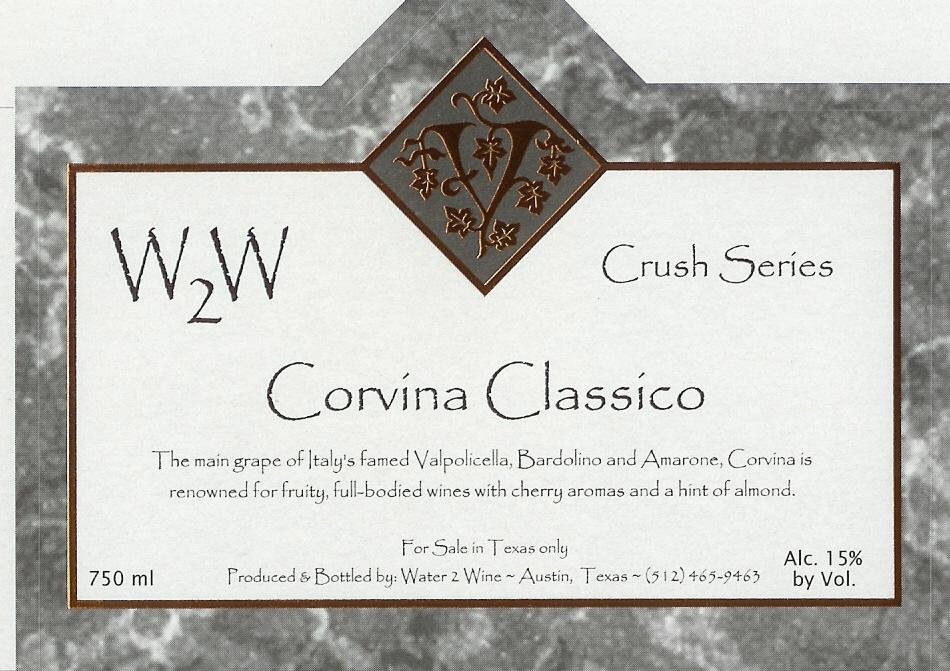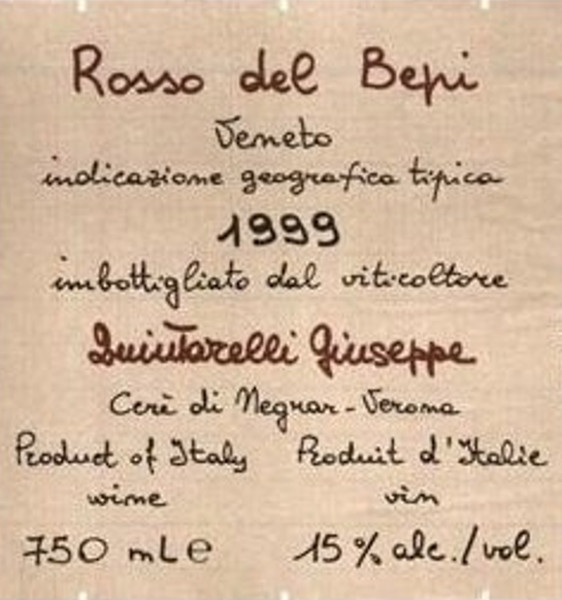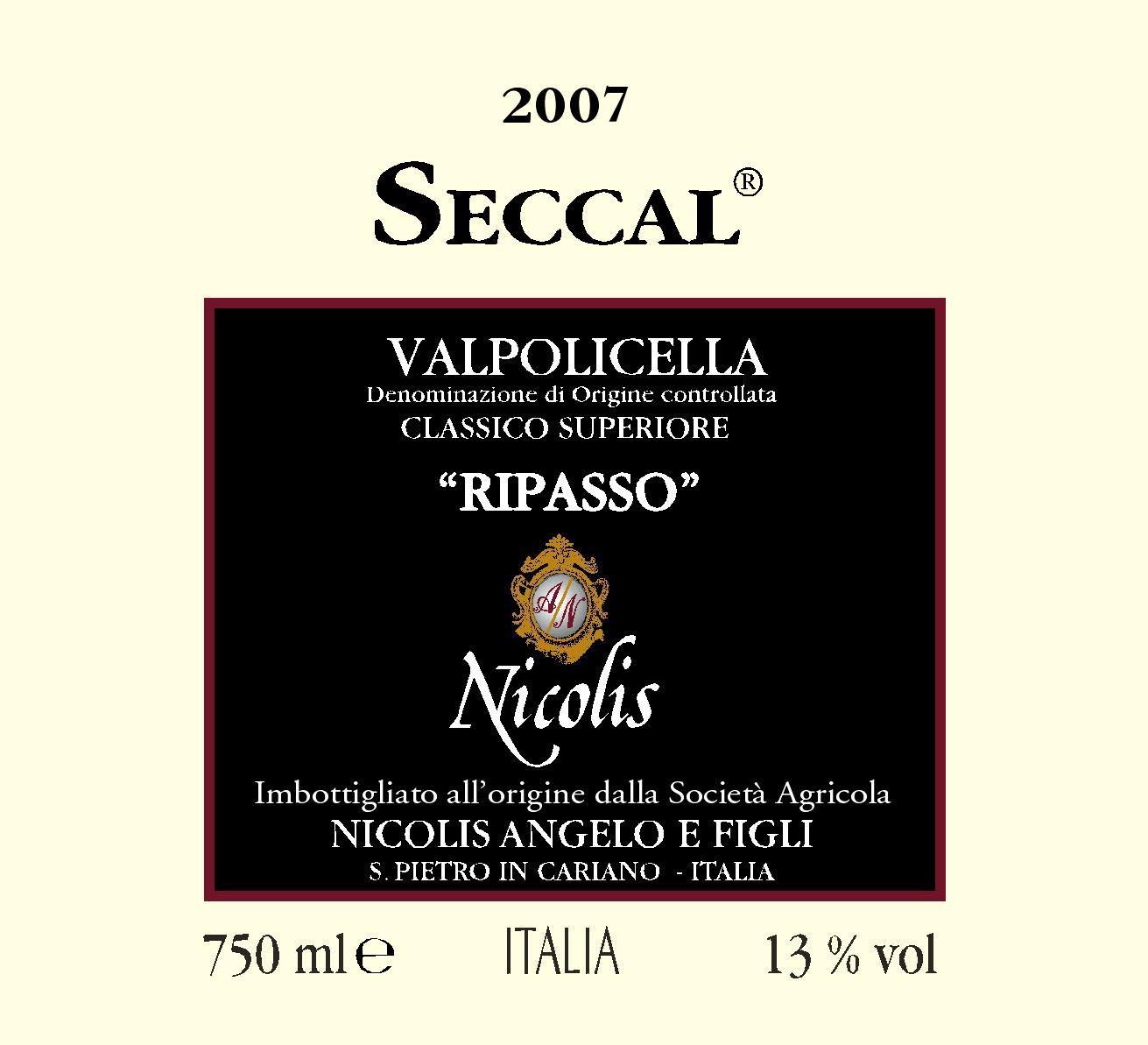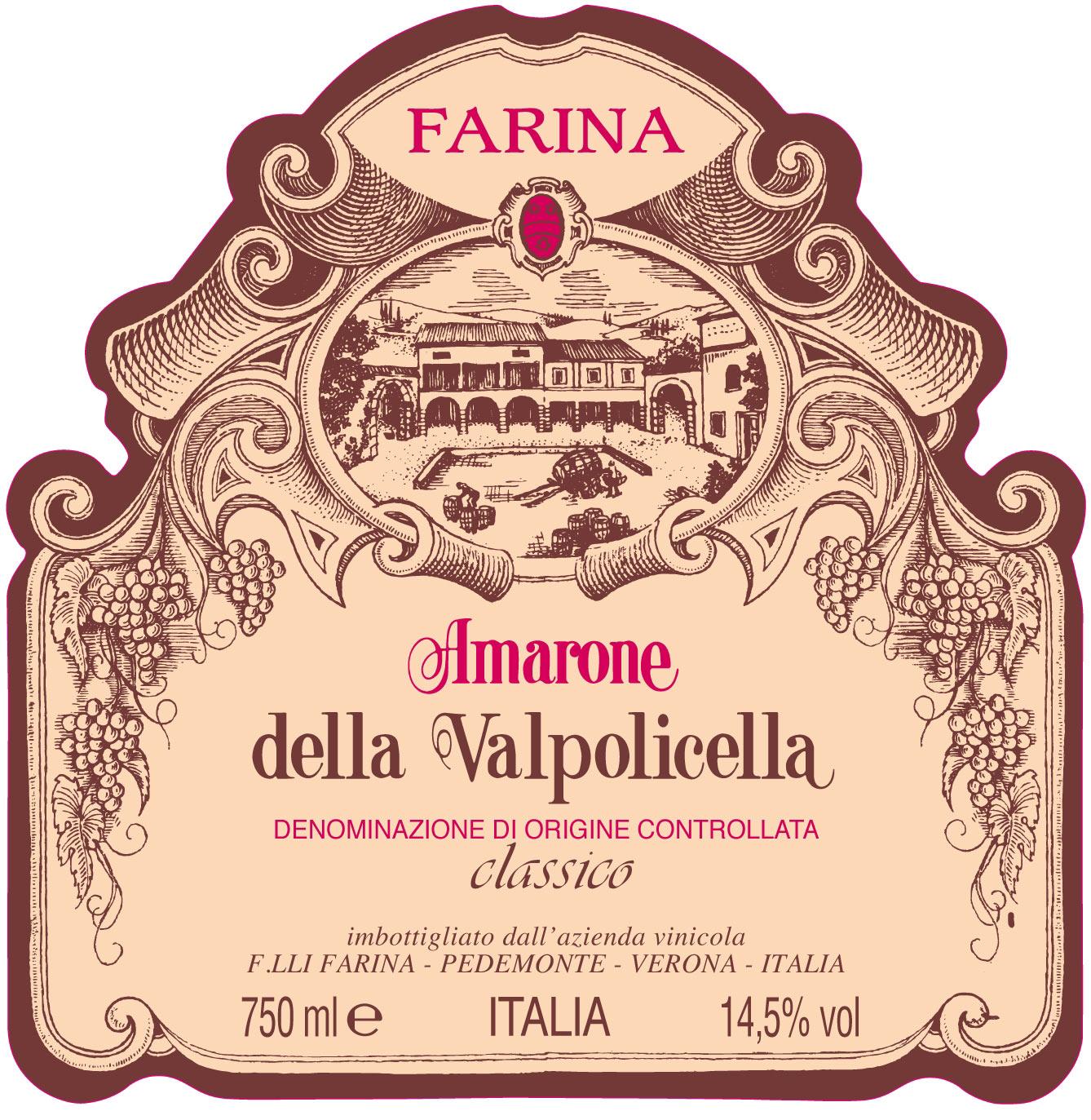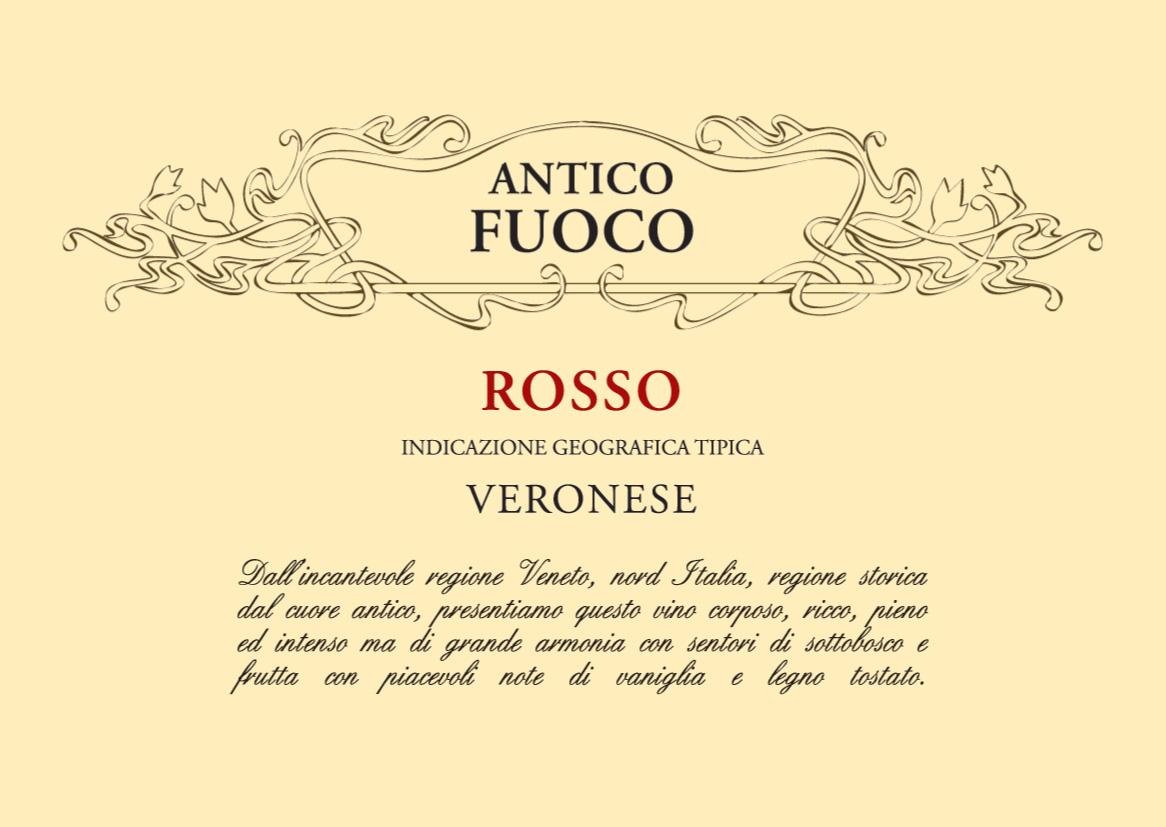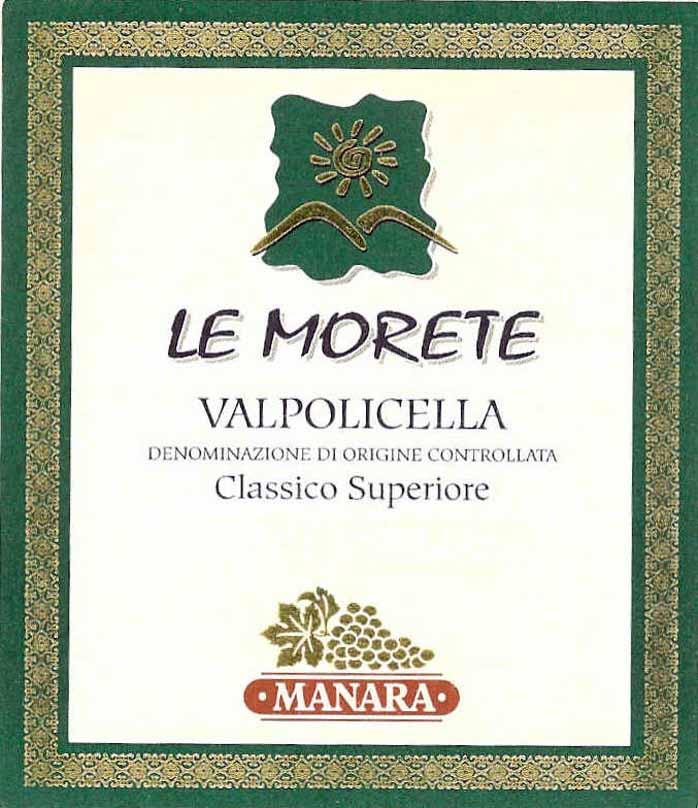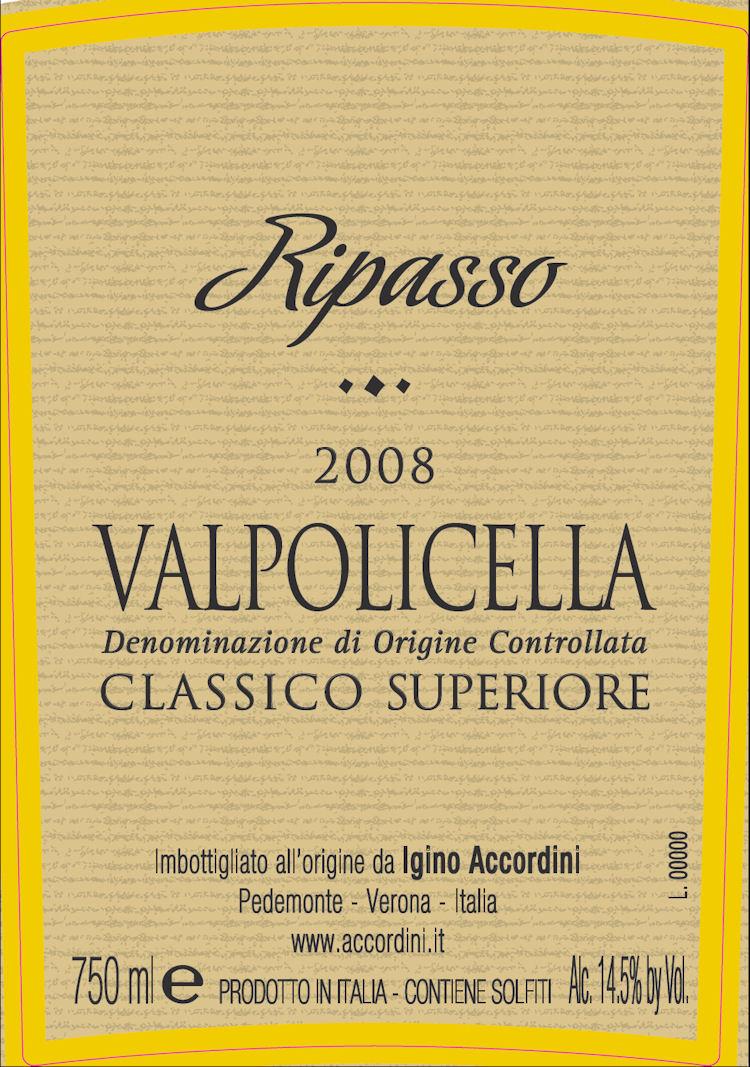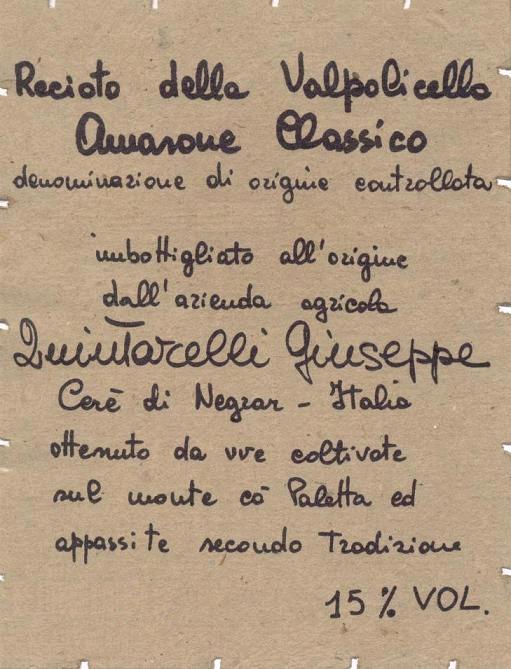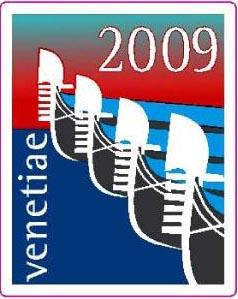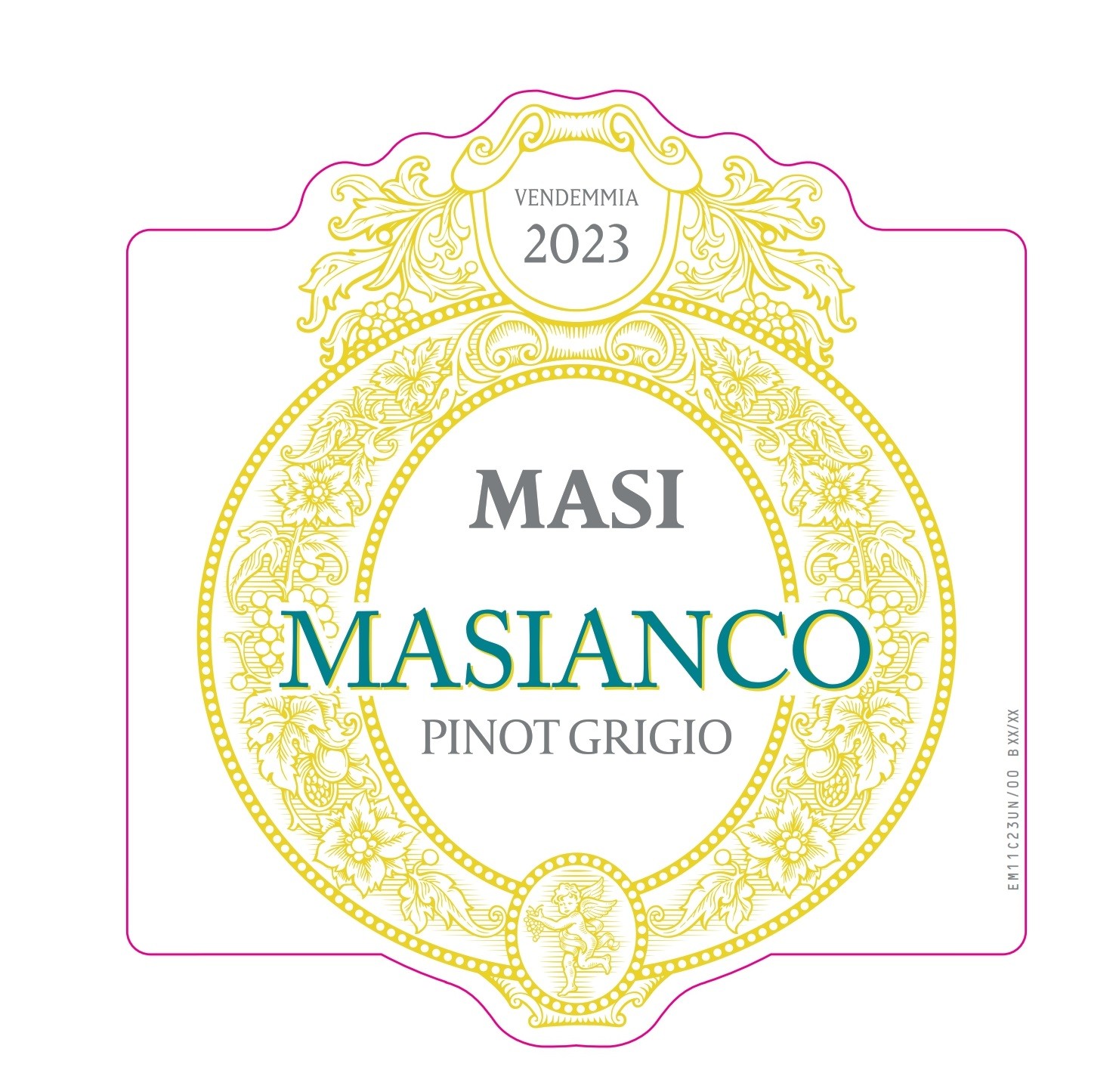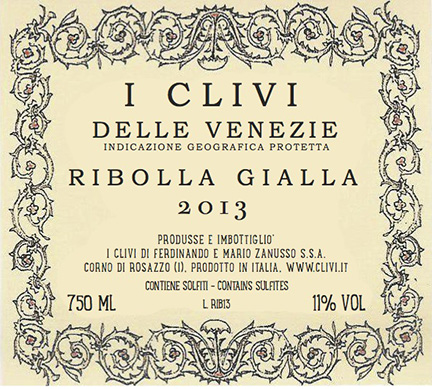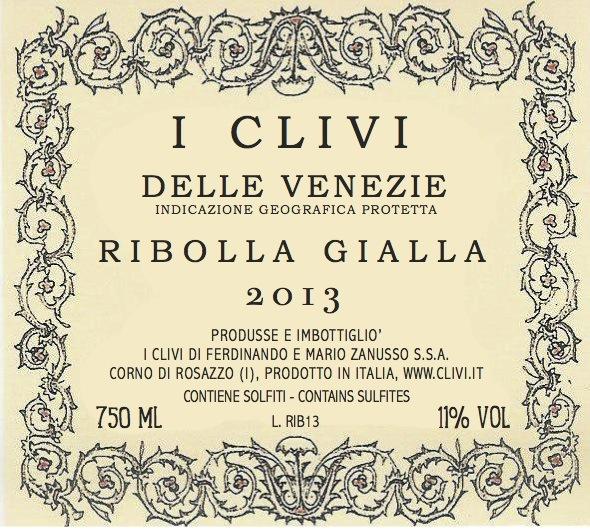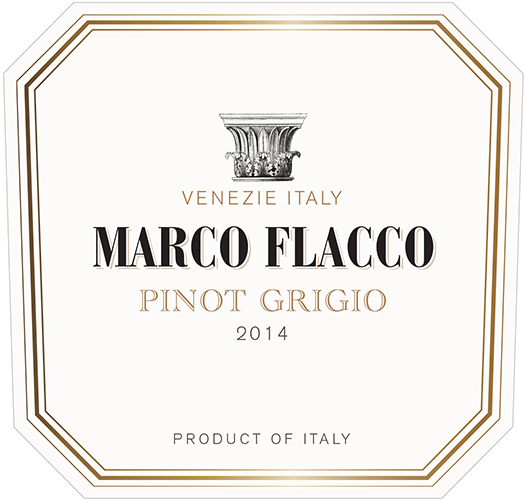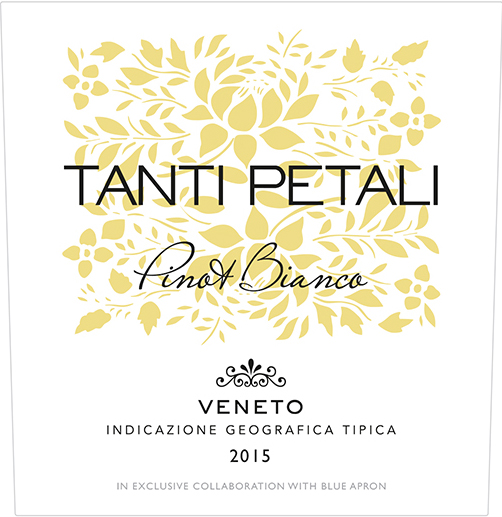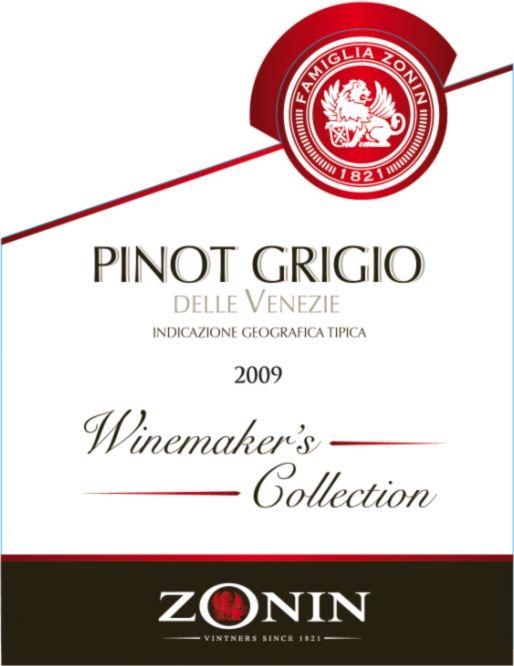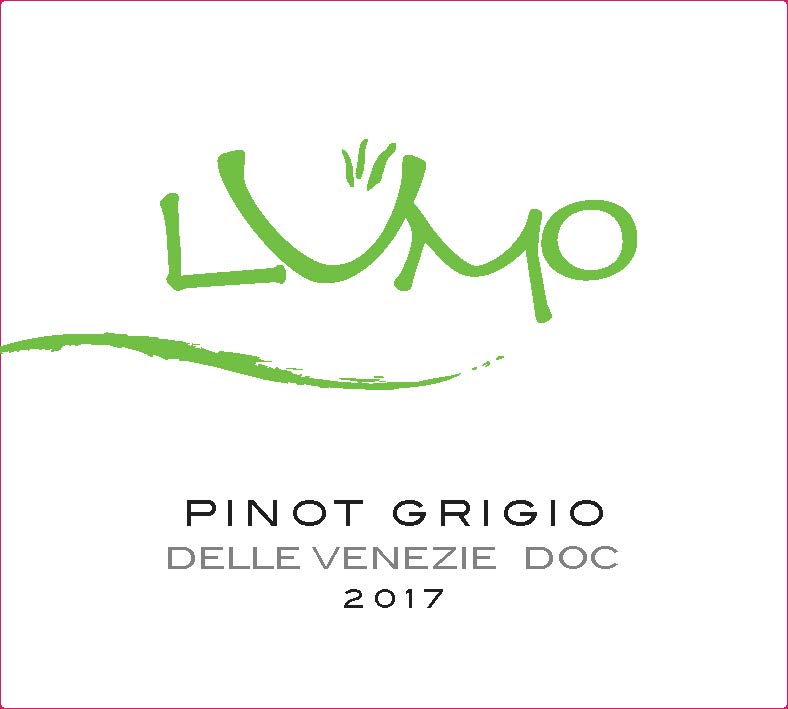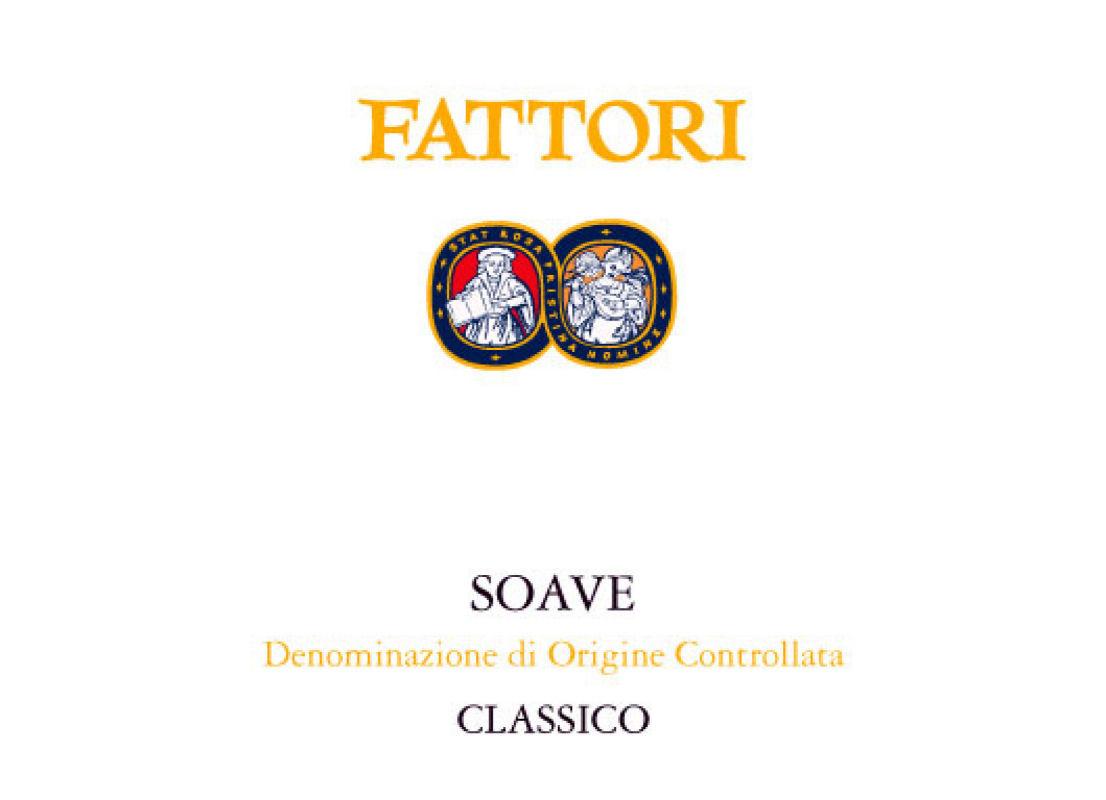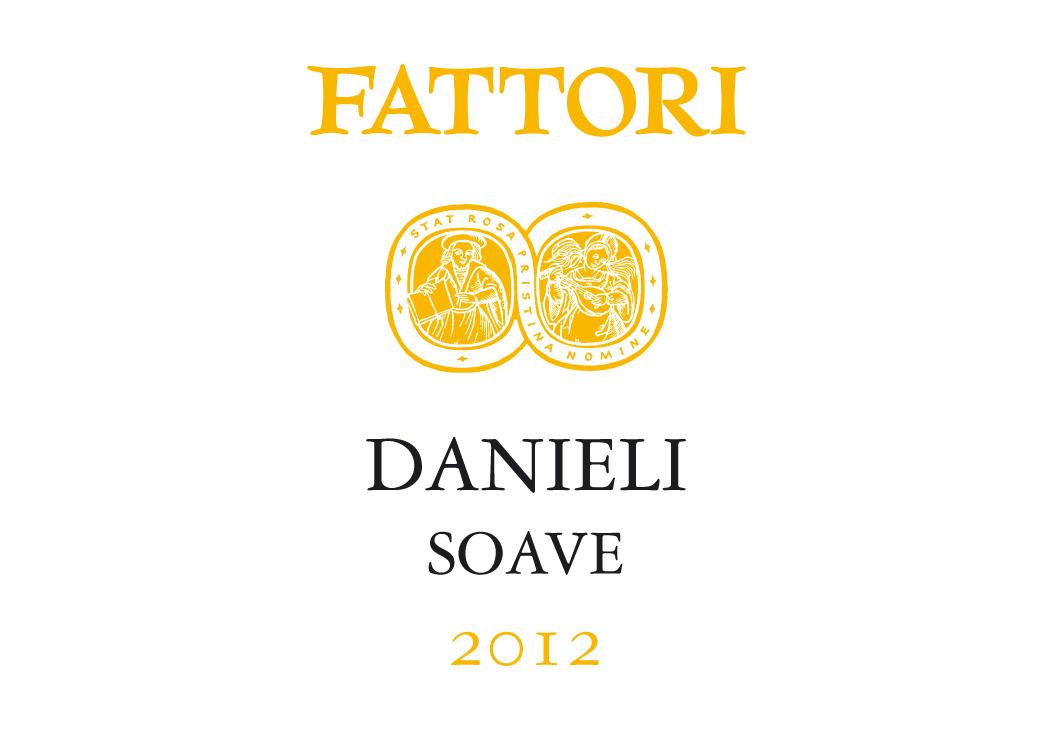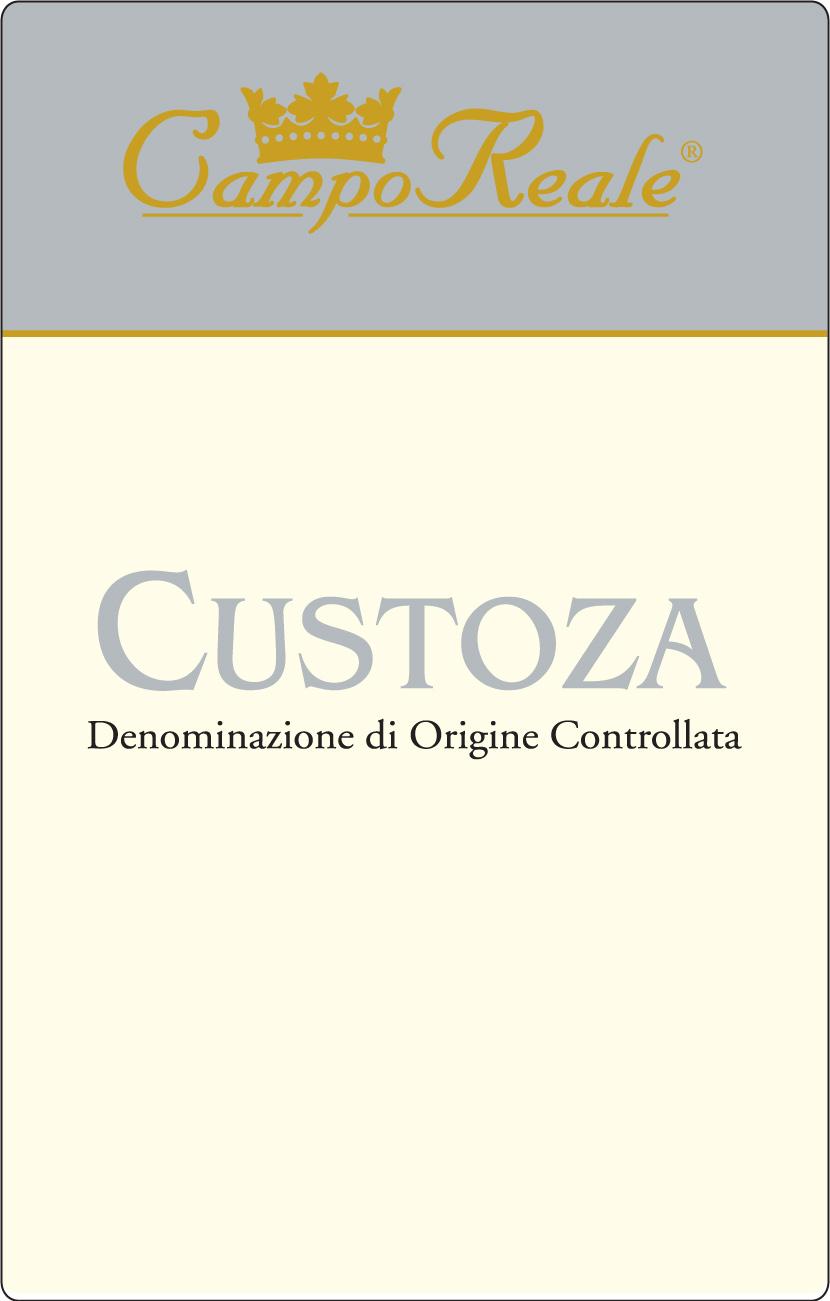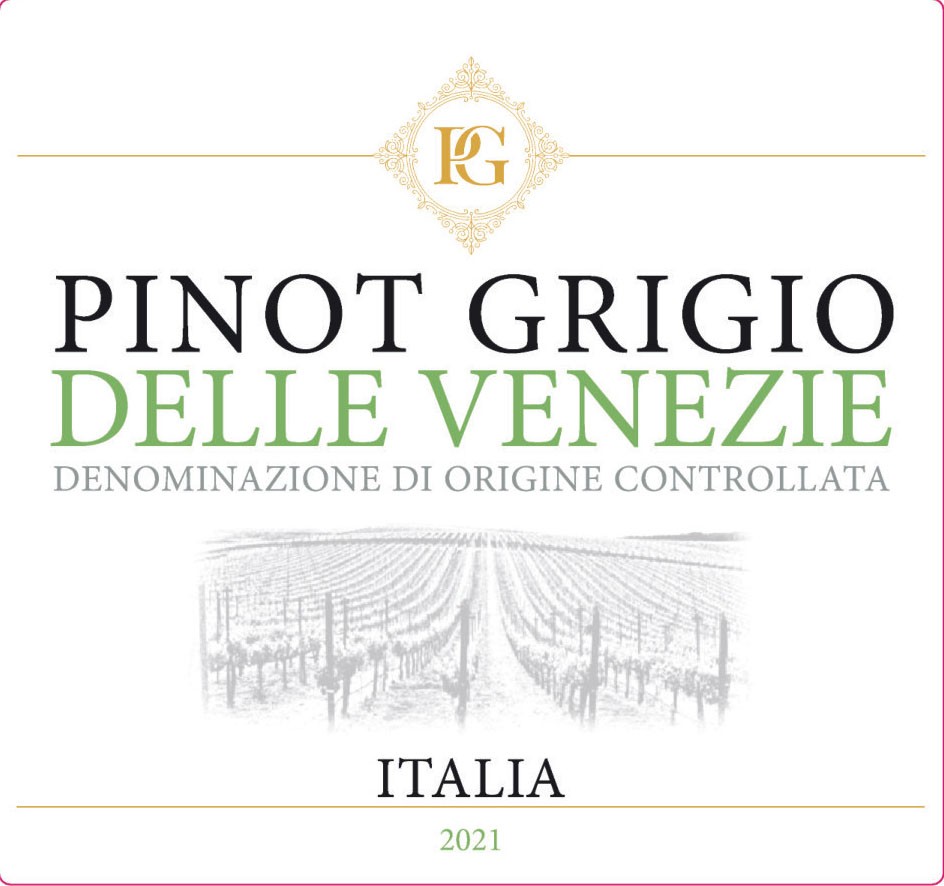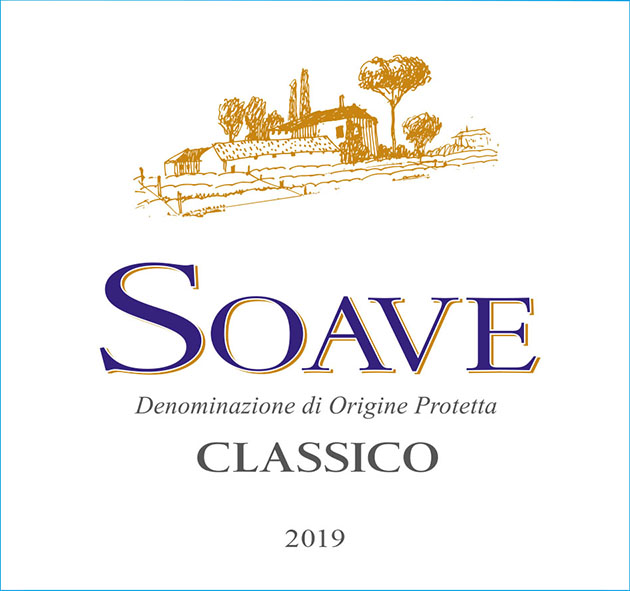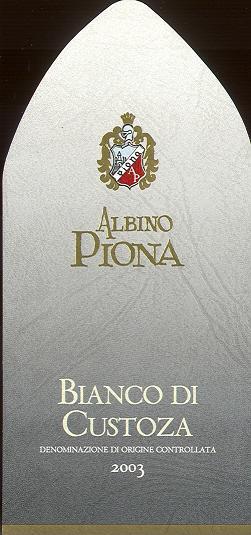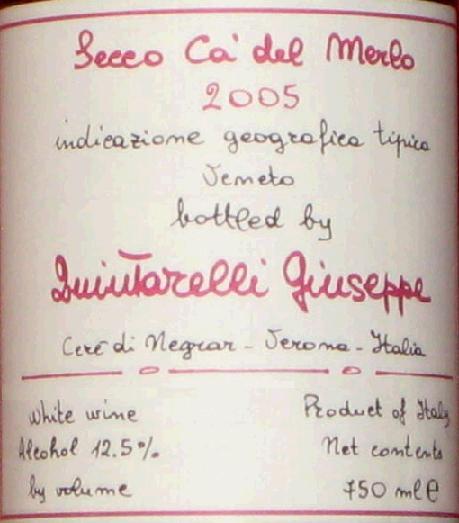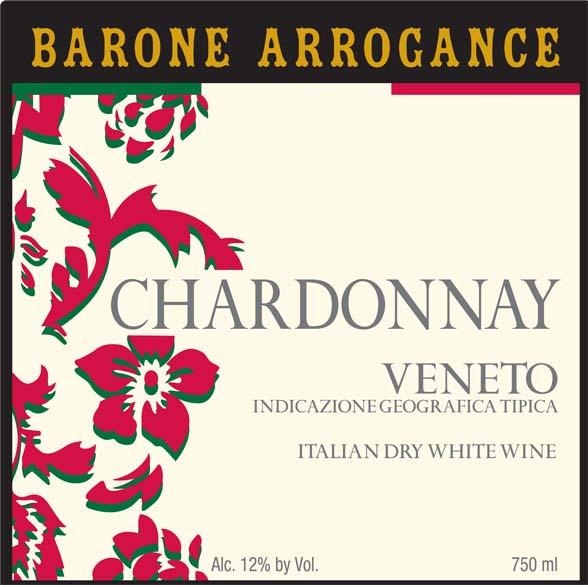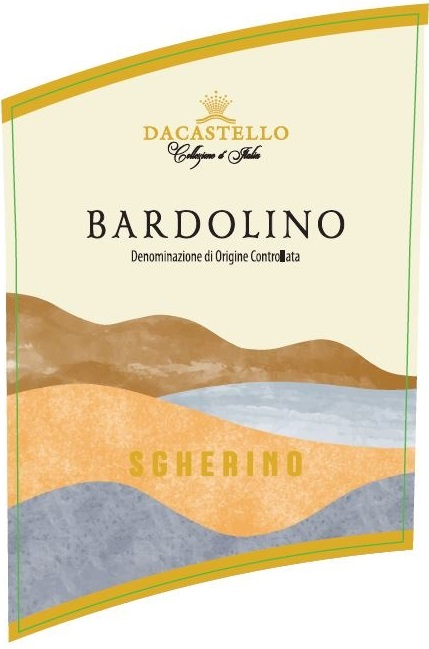Terroir of Veneto
Veneto's terroir is a fascinating mosaic of climates and soils, crucial to its wine diversity. The Dolomite Alps shield the north from harsh winds, creating a temperate climate perfect for vineyards. Lake Garda moderates the western regions, ensuring balanced grape ripening. Meanwhile, Adriatic breezes cool the eastern plains, reducing humidity and disease risk.
The region's hillsides are prized for their unique soils and elevation, vital for premium wines. In Soave Classico, volcanic soils impart a steely character to Garganega grapes. Valpolicella's mix of limestone and clay enhances the Corvina grape's elegance. Conegliano Valdobbiadene's varied soils give Prosecco its fragrance and depth. Lugana's clay soils south of Lake Garda enrich Turbiana wines. Together, these elements create a rich tapestry, underpinning Veneto's reputation for quality and variety.
Notable Wineries in Veneto
Veneto's wine scene is shaped by visionary producers who have transformed traditional practices, particularly in Amarone, Soave, and Prosecco. Here are a few standouts:
-
Allegrini: Known as "Lady Amarone," Marilisa Allegrini leads this estate in pushing the boundaries of Valpolicella with elegant single-vineyard wines.
-
Pieropan: This Soave pioneer bottled the first single-vineyard Soave Classico, showcasing the region's volcanic terroir with their iconic Calvarino.
-
Carpenè Malvolti: A cornerstone in Prosecco's history, they were the first to label "Prosecco" in 1924, significantly shaping the sparkling wine's modern identity.
Sustainable Winemaking in Veneto
Veneto is at the forefront of sustainable winemaking, leveraging its rich history and diverse terroir to embrace eco-friendly practices. With unified efforts from consorzi, the region has turned sustainability into a collective commitment. The SQNPI certification plays a key role, promoting integrated pest management and environmental care.
Producers are increasingly adopting organic and biodynamic practices, focusing on soil health and biodiversity. Initiatives like banning glyphosate and conserving water resources demonstrate Veneto's dedication to environmental stewardship. In the cellar, energy efficiency and waste management innovations are reducing the carbon footprint, complemented by eco-friendly packaging options.
Through these efforts, Veneto not only preserves its unique landscapes but also meets the demands of eco-conscious global markets, setting a benchmark for sustainable wine production worldwide.
Wine Tourism in Veneto
Veneto stands out for its seamless blend of wine tourism with rich cultural experiences. Its "Wine and Flavor Roads" guide visitors through a tapestry of vineyards, historic sites, and culinary delights.
Key routes like the Strada del Prosecco e Vini dei Colli Conegliano e Valdobbiadene and Strada del Vino Valpolicella showcase the region's viticultural heritage.
Wine tourism here goes beyond tastings, offering immersive experiences such as cooking classes and e-bike tours through scenic vineyards. The region also hosts vibrant festivals like the Primavera del Prosecco Superiore, enriching the wine journey with local culture.
Luxurious accommodations at wineries provide an all-encompassing experience. Veneto's approach to wine tourism not only enhances the visitor experience but also supports the local economy, making it a leader in the field.



